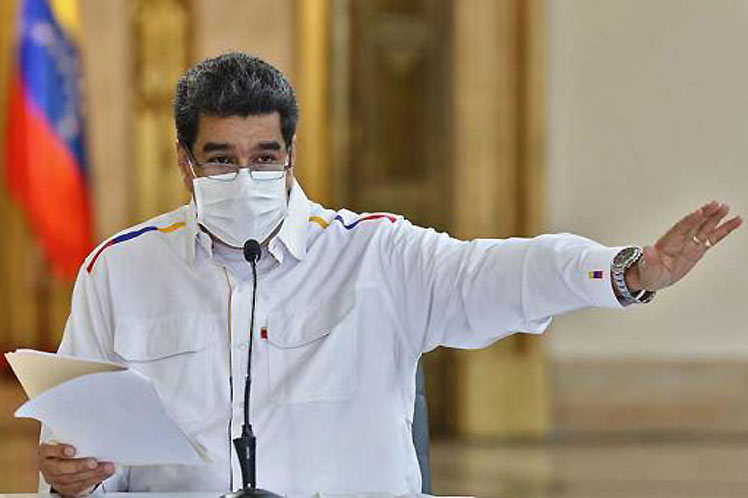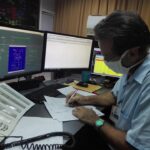Caracas: Venezuela returns today to the radical, social and collective quarantine regime throughout its territory, as a containment mechanism for the Covid-19 pandemic, after a week of flexibility in various socioeconomic sectors.
In telephone contact with the presidential commission for the control of the health emergency, Venezuelan president, Nicolás Maduro, insisted on the importance of maintaining the cycle of radicalization of social distancing measures, in order to cut transmission chains of the coronavirus SARS-CoV-2.
Maduro highlighted the validity of the seven plus seven (7 + 7) method, which combines a week of flexibilization to reactivate economic activity, followed by a similar period of limitation of mobility and closure of most businesses and entities, except sectors linked to the food, healthcare and industrial fields.
The head of state called on the population to take responsibility for the new radical quarantine period, as well as to take extreme preventive measures to avoid the spread of the viral disease.
Venezuela reported 922 new cases of Covid-19 the day before, to bring the number of infected people in the South American nation to 45,868.
Authorities warned in particular about the circulation of the virus in the 22 parishes (demarcations) of the Capital District, where 332 of the 825 community-transmitted infections registered in the country during the last 24 hours were detected.
According to official figures, 37 thousand 91 patients have already overcome the infectious picture for a recovery balance of 81 percent, while the pandemic has left 381 fatalities to date in Venezuela, less than one percent of the total infected .
The Venezuelan president reiterated the will and capacity of the Bolivarian Executive to guarantee the therapeutic arsenal necessary for the care of all the people affected by the virus.
In this regard, Maduro highlighted the recent agreement signed with Russia for the participation of volunteers from Venezuela in the third phase of clinical trials of the Sputnik V vaccine, developed by a laboratory in the Eurasian nation.





